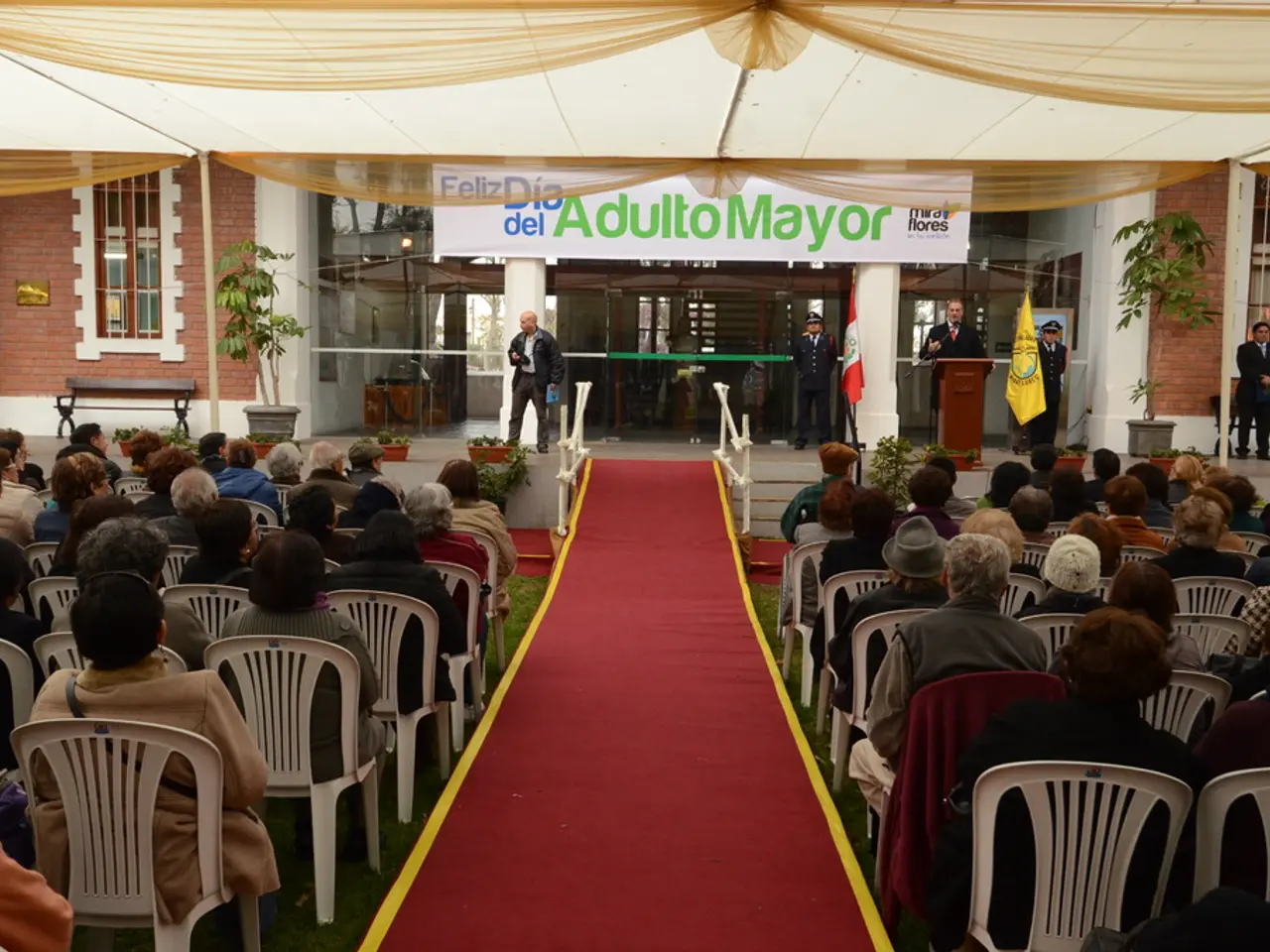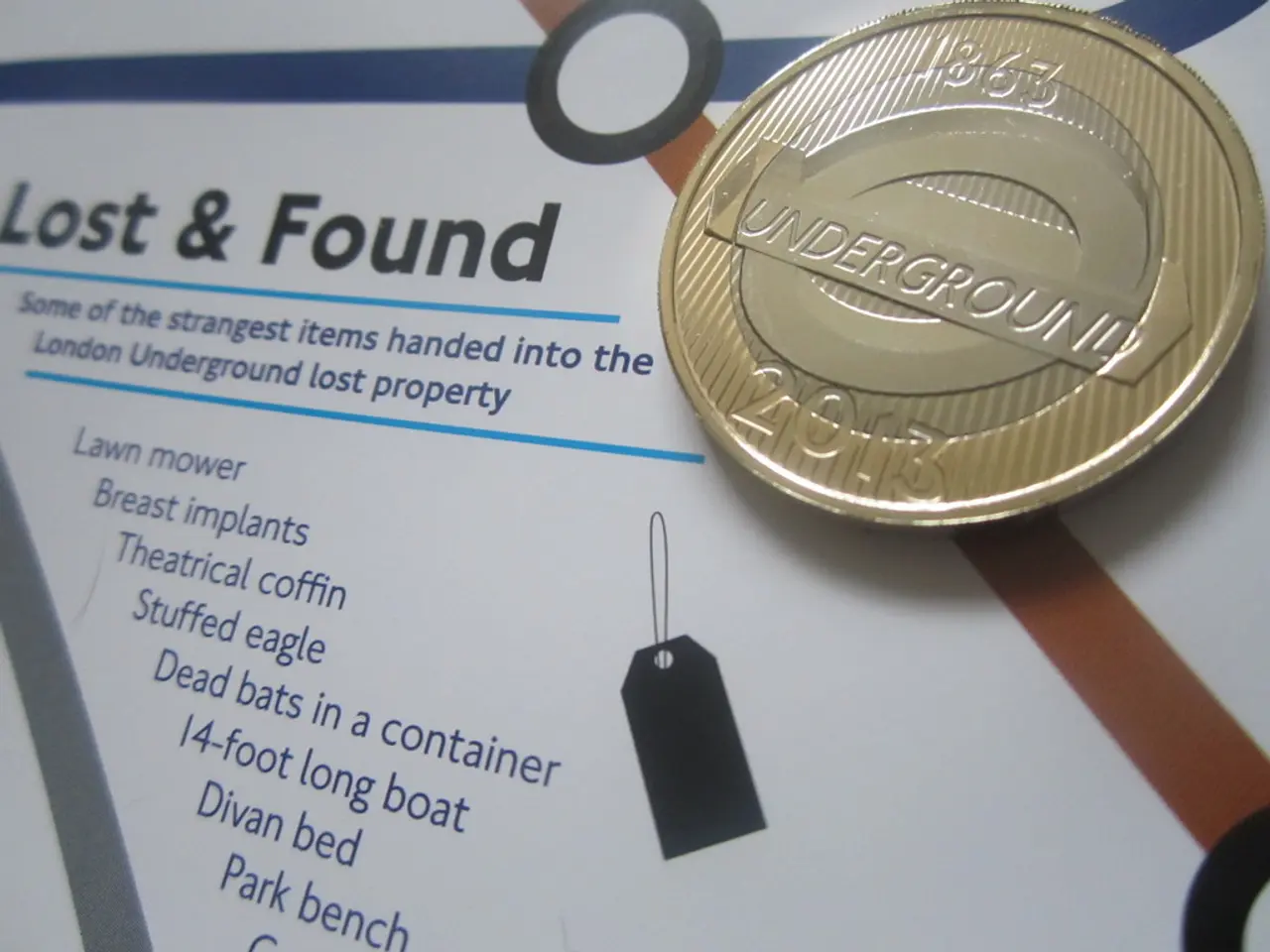Rejection of Rent Control Proposal by Prime Minister
Updated Take:
A hot topic recently, the European Commission tossed out some advice to Portugal on tackling the housing crisis, suggestions like rent control and new limitations on Local Accommodation. However, Portugal's new government, helmed by Luís Montenegro, seems to be taking a different approach, veering off from some of Brussels' proposals.
According to the European Commission's evaluation, previous measures rolled out by the Portuguese government haven't exactly solved the root cause of the housing access issue. As a result, they've proposed lasting measures such as rent control and stricter Local Accommodation regulations to combat the steep rise in housing prices[1]. But Montenegro's team has other ideas.
They're not too fond of rent control, with the government program stating that public intervention should assist struggling renters, not impose seemingly punitive measures on property owners[1]. Instead, they're aiming to boost confidence in the rental market, learning from the previous government's missteps that rent control and forced rent only drive prices up and reduce available properties[2].
As for the stricter Local Accommodation regulations suggested by Brussels, the government program is rather quiet on the matter. It's worth mentioning that during Montenegro's first term, he revoked measures implemented under the Mais Habitação program, transferring regulation oversight to city councils[3].
One goal the government is pushing hard for is building 59,000 public housing units by 2030, with 26,000 coming from the Recovery and Resilience Plan. However, Brussels has expressed some skepticism about Portugal meeting this target by the specified deadline in 2026[3].
Interestingly, there's one measure aligning with the government program - making unused, vacant, or underused housing units available, both in the public and private sectors[3]. The government aims to do this by unloading unoccupied or underused public housing onto the market, potentially partnering with private entities for a solution.
In essence, the government is firm on rejecting rent control and prefers targeted support for renters over wide-reaching measures that might impact property owners negatively. This stance deviates noticeably from the European Commission's recommendations aimed at solving the housing crisis[1]. Their focus on the housing crisis is more market-oriented, veering towards selective public support rather than regulatory controls[4].
- The Portuguese government, under Luís Montenegro, is steering clear of the European Commission's suggestion for rent control, opting instead for targeted support for struggling renters.
- Despite the European Commission's proposal for stricter Local Accommodation regulations, the Portuguese government's approach remains ambiguous on this matter.
- In the realm of finance and business, the Portuguese government's focus on addressing the housing crisis centres around market-oriented solutions rather than imposing regulations on property owners, a stark contrast to the European Commission's general-news recommendations.




